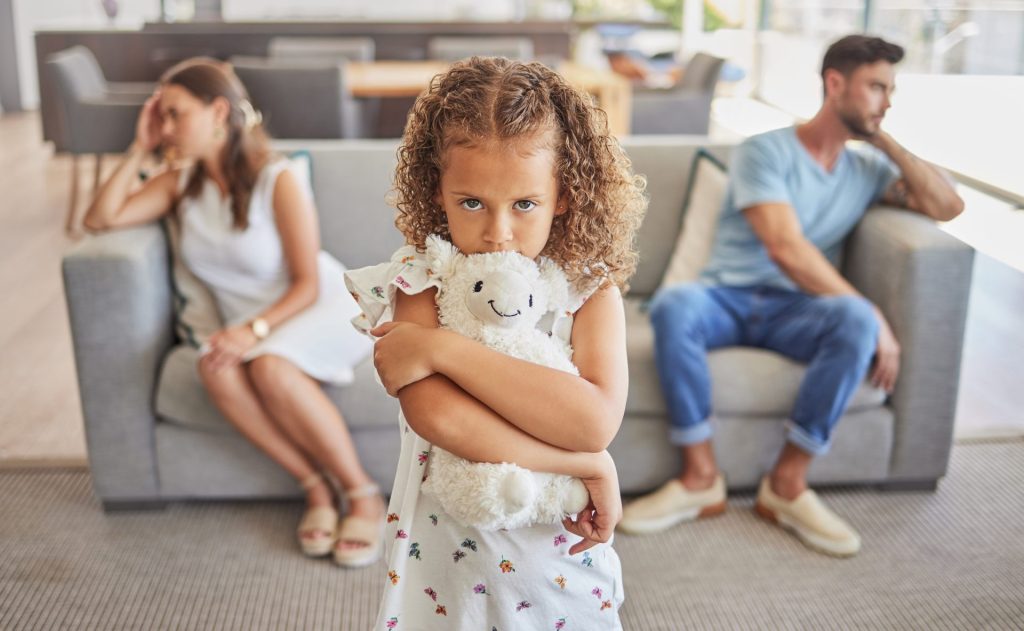Divorce is never easy, but the aftermath of some divorces is harder and messier than others. When dealing with a divorce where the couple is unable to find a solution on child-related matters and tensions are high, the court may order a parenting coordinator. A parenting coordinator is often used in situations such as the parents being unable to agree on parenting matters not specified in their custody agreement, like daycare or school drop-off schedules. The parenting coordinator is for the smaller, daily aspects of co-parenting that are typically not covered in the court order of child custody.
What is a Parenting Coordinator?
A parenting coordinator is not a lawyer, but they are a trained individual assigned by the court to mediate between two parents who are experiencing an impasse or high tensions regarding parenting arrangements. The parenting coordinator provides a neutral third party to advocate for solutions and reduce potential trauma for the child caught in the middle. It is important to note that the parenting coordinator does not work for either parent, so there is no taking sides. They are not able to modify court orders, but they may be able to help the parents find a workable solution based on the order or resolve conflicts not covered in the order.
What Does a Parenting Coordinator Do?
There are three levels of parenting coordinators. The different levels have different capabilities of what they can do for the parents.
- Level 1 parenting coordinators have no authority to make decisions. They work with both parties to resolve conflicts. If the parents are unable to resolve the issue with help, they are permitted to return to court to seek a determination on the issue.
- Level 2 parenting coordinators are allowed to make binding recommendations. These recommendations must be followed by the parents until the court overrules the recommendation.
- Level 3 parenting coordinators have the authority to make recommendations that are binding, and also to implement a mental health treatment team as part of the resolution. This usually occurs in disputes where tensions are especially high to the point of becoming detrimental to the well-being of either parents or the child and parents alike.
Do Parents Still Have a Say?
Many parents worry that they will lose their decision-making agency when a parenting coordinator is brought in to resolve co-parenting conflicts. Parents have a legal expectation ofbeing able to make decisions regarding their child. However, when the decision-making is being impeded by hostile arguments with their ex-spouse, a parenting coordinator higher than a level one who has been court-ordered by a judge has the authority to make decisions based on the needs of the child and desires of both parents. Parents working with a parenting coordinator still have a say about their child since the coordinator will listen to both parents before making a decision. However, the coordinator has a primary responsibility to the courts and the child to ensure the issue is resolved as quickly and peacefully as possible.












